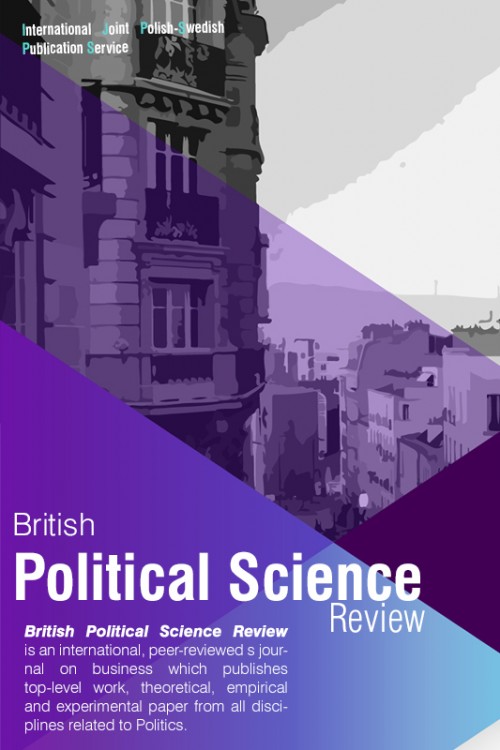
An Analytical Introduction to Understanding of the Public Policy Capacity: the Investigation of Nature, Issue, and Function
Abstract
The governments’ architectural change after the globalization phenomenon and management reform paved the way for the emergence of the actors which are involved in the affairs of the governments. A considerable part of the governments’ policymaking power has been transferred to these actors and, consequently, the phenomenon of the “Hollow States” has been shaped. The scholars in the government area have used the concept of “policy capacity” for answering the “ability transfer”. In spite of the significance of this issue, the understanding of which is difficult due to the abundance and disorder in the theoretical studies and the definitions presented for this concept. Contemplation in the meaning of this concept and its semantic domain provides an important strategy for a better understanding of the policy capacity and promoting the research area of this issue. In this study, “nature”, “issue”, and “function” were extracted and criticized as the constituent themes of the policy capacity, using the thematic analysis method. To sum up, the study indicated that the definitions presented based on the governance approach have provided more precise conceptual foundations, compared to the other definitions; they can distinguish this issue from other issues in the policy area in a better way.